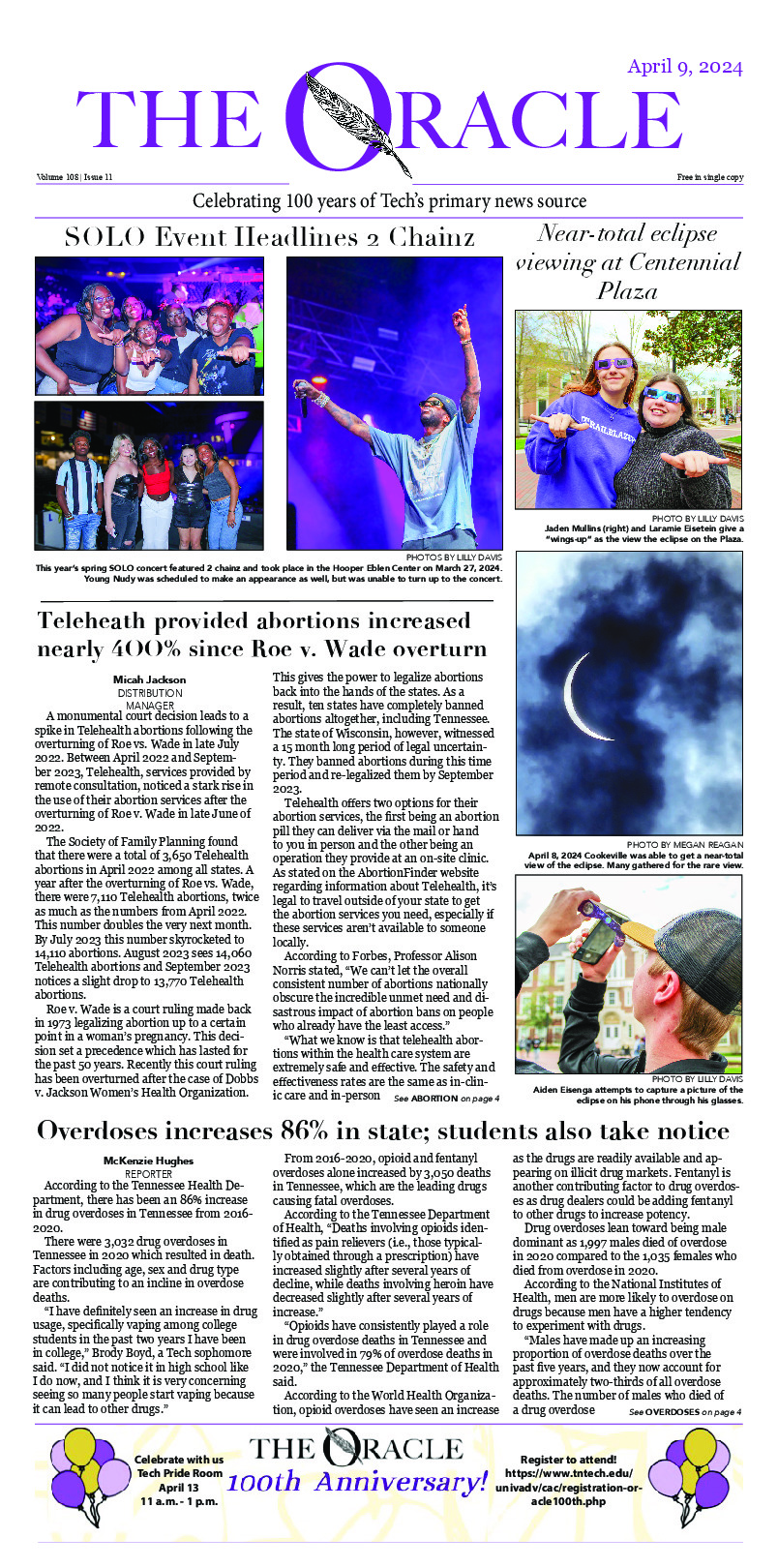
Every time I hear the word “Millennial,” I think about my Backstreet Boys Millennium CD. I’m 23 years old, and I haven’t listened to it in about 10 years. (www.simpleeverydaymom.com) It astounds me that I have lived long enough to say I have ignored something for a whole decade. I don’t feel old enough or socially conscious enough to be part of a generation – much less the new “It” generation.
As a result, it always catches me by surprise when someone publishes a new article about Millennials and our problems, or when someone asks me what I think, as a Millennial, about anything, from President Obama to mason jars to gluten. And it’s enraging when someone applies his or her conceptions about Millennials to me without even bothering to ask my opinion.
Every generation complains about the one that succeeds it. But why do Boomers and GenX seem to devote so much time and angst to the millennial state? I blame technology – but as a history student. Let me explain.
The world is constantly changing. It is a magic tapestry with many shifting designs and colors; patterns emerge and dissolve as soon as ideas are abandoned for something new. Even something as simple as pop songs can revolutionize — both Elvis and the Beatles changed the face of pop culture overnight. Before telecommunication in television and later the Internet, however, it took a significant amount of time for trends and ideas to disseminate.
Do you remember that scene in Gone With the Wind when Rhett Butler brings Scarlett a hat from Paris? It was all the rage when he left there, months earlier. But now, with the Internet, Atlanta girls can easily see what hats the girls in Paris are wearing the very same day. Trends are almost instantaneously shared, crossbred, mutated and abandoned.
I often hear other history students speak longingly of their desire to exist a few centuries into the future. Just think of the wealth of information historians will have about this time period! Through Facebook, Twitter and Instagram, we are constantly tracking, updating, and hashtagging our every move. We are a generation of record-generators, and perhaps that is the reason we attract so much attention. Through technology, we have the ability to put ourselves out into society, to be known and recognized for who we are.
That is exactly why Boomers and GenX are so concerned about Millennials. The Internet makes our cultural movement immediate and inherently knowable. The lack of mystery allows Millennial culture to be shared, crossbred, mutated and, ultimately, abandoned. To our elders, Millennials are a new trend, a new idea. We don’t need to wait for the historians of the future — our parents and elders can analyze all our records and make judgments just fine themselves.
Old as dirt though they might be – parents are not historians. My field of history is medieval/early modern and, as such, my professors often ask me, “What could you possibly know about XYZ?” This question invites me to step back from my own experiences, to prevent me from applying biases to the people that wildly differed from myself. It takes active work and consideration to understand the medieval mindset, just as it takes active work to comprehend the many-colored tapestry of Millennials.
We cannot assume that different generations are culturally similar just because they are temporally close. Neither can we assume that one generation is a cultural monolith. I’m a southern goth Episcopalian – what could I possibly know about a hipster buddhist from Portland or a Massachusetts sorority girl?
All I ask the generations before us is to think about their similar situation. It’s not enough to read our Facebook statuses or comment on our Instagrams. Thoughtful, contextual analysis is always required. Because really, what could a Baby Boomer possibly know about a Millennial?


